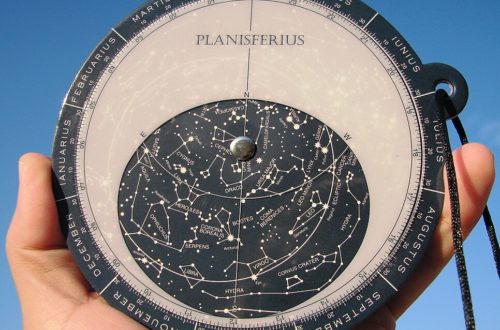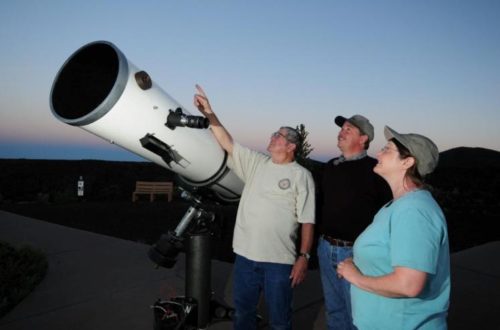What Practical Value Did Astronomy Offer to Ancient Civilizations

Have you ever looked up at the night sky and wondered how ancient civilizations interpreted the stars?
Astronomy has been an important part of human history for centuries, with early civilizations using it not just to navigate the seas but also to predict weather patterns, determine planting seasons, and even make calendar calculations.
In this blog post, we will explore the practical value that astronomy offered to ancient civilizations. We will take a closer look at the contributions made by notable astronomers such as Aristotle and Ptolemy, and how their discoveries shaped our understanding of the universe. We will also delve into how astronomy impacted daily life in ancient civilizations such as the Mayans and Greeks.
Contributions of Ancient Civilizations to Astronomy
Astronomy played a vital role in the development of early civilizations. It enabled ancient cultures to navigate the world and explore new territories. Furthermore, the knowledge of astronomy allowed these civilizations to understand and predict natural phenomena.
By studying the stars, ancient societies gained a deeper understanding of the universe and their place within it. They developed calendars and agricultural practices based on their astronomical observations.
Overall, the contributions of ancient civilizations to astronomy were significant and laid the foundation for future astronomical advancements.
Practical applications of early astronomical knowledge
Ancient civilizations harnessed astronomy for practical purposes. They used astronomical observations to determine the optimal time for planting and harvesting crops, ensuring agricultural success.
The knowledge of the stars also aided in navigation and exploration, facilitating trade and colonization.
Moreover, early astronomers utilized their expertise to create accurate calendars for religious and societal events. Overall, astronomy provided a crucial sense of time and organization to ancient societies.
Notable Astronomers and Their Contributions
Aristotle and Ptolemy’s contributions to astronomy laid the foundation for scientific advancements. Ancient Greek astronomers made significant strides in studying celestial bodies, while the Antikythera mechanism showcased their understanding of astronomical principles. Additionally, Mayan astronomers developed advanced mathematical and astronomical systems.
Aristotle’s contributions to astronomy
Aristotle’s influential contributions to astronomy shaped scientific thought for centuries. His work laid the groundwork for the scientific method and categorized celestial bodies into planets, stars, and comets. Aristotle’s theories expanded the understanding of the natural world.
Ptolemy’s significant impact on astronomy
Ptolemy’s significant impact on astronomy cannot be overstated. His geocentric model, with Earth at the center of the universe, held sway for centuries. Ptolemy developed mathematical techniques to explain celestial bodies’ motion, and his comprehensive treatise, the Almagest, influenced future astronomers. His work on trigonometry also contributed to the field. However, his geocentric model was ultimately displaced by the heliocentric model proposed later by Copernicus. Despite this, Ptolemy’s legacy in astronomy is undeniable.
Astronomy and Daily Life in Ancient Civilizations
Astronomy held immense significance in the daily lives of ancient civilizations. Utilizing astronomical observations, they guided their agricultural practices and determined celestial events for creating calendars. The study of celestial bodies influenced their religious and cultural beliefs, while also impacting navigation and exploration, facilitating trade and cultural exchange.
How did the Mayans and Greeks use astronomy in everyday life?
The Mayans and Greeks had practical applications for astronomy in their daily lives. The Mayans relied on astronomical observations to develop accurate calendars and align their cities and temples.
Meanwhile, the Greeks used astronomy to calculate celestial sizes and distances, incorporated it into their mythology and religious practices, and explored philosophical concepts about the nature of the universe.
Conclusion
In conclusion, astronomy offered practical value to ancient civilizations by aiding in navigation, agriculture, and timekeeping. The knowledge of celestial bodies allowed them to accurately predict seasons, determine planting and harvesting times, and navigate long distances.
Even in daily life, civilizations such as the Mayans and Greeks incorporated astronomy into their religious and cultural practices. Overall, it provided them with practical benefits and deepened their understanding of the world around them.
Would you like to receive similar articles by email?





